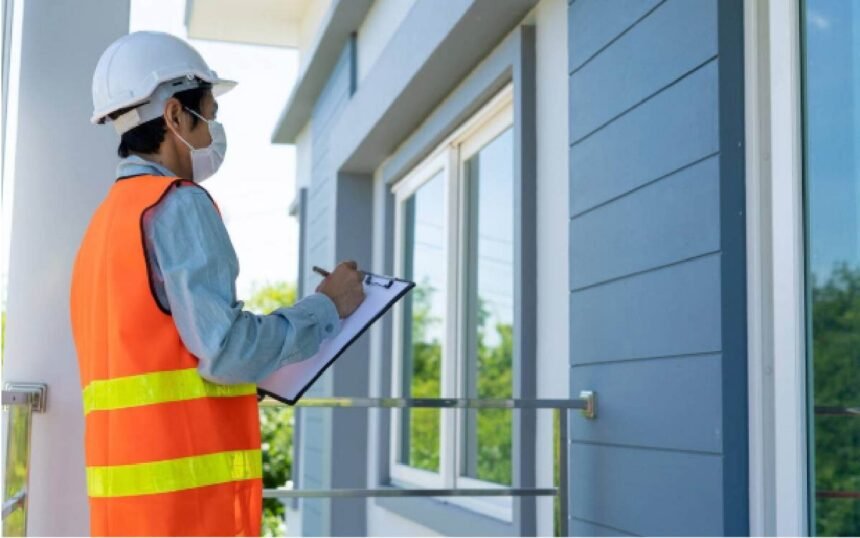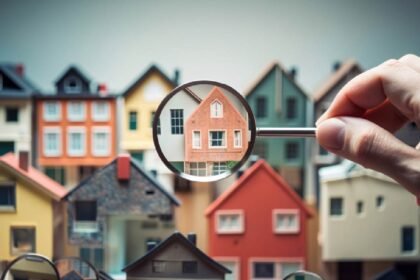Living in a rented home in London comes with both responsibilities and rights. While landlords have a legal duty to maintain a safe living environment, tenants also need to stay alert and informed about potential risks. Understanding your safety as a tenant is key to protecting yourself, your home, and those you live with.
Whether you are renting a flat in Camden or a house in Hackney, knowing how to keep your home safe helps prevent accidents and gives you peace of mind. This includes being aware of necessary checks like a Fire Risk Assessment London, which ensures that your building complies with fire safety standards. In this guide, we’ll explore the most important safety considerations for tenants in London and what steps you can take to feel secure.
Understanding Your Rights and Responsibilities
Legal Protections for Tenants
Tenants in London have legal rights when it comes to safety. Your landlord must provide a property that meets basic safety standards. This includes working smoke alarms, safe gas and electrical systems, and secure entry points. These legal requirements are set out in the Housing Health and Safety Rating System (HHSRS), which local councils use to identify potential hazards in rental properties.
If your home does not meet safety standards, you can report the issue to your local authority. They can inspect the property and, if necessary, take action against the landlord to ensure the problem is fixed.
Your Role as a Tenant
While landlords are responsible for the structure and safety systems of a property, tenants must also take care of their home. This means reporting problems quickly, keeping fire exits clear, not tampering with smoke alarms, and allowing access for inspections or repairs when needed.
It is important to read your tenancy agreement carefully so you know exactly what is expected of you. Following the terms of your lease and staying in regular contact with your landlord or letting agent can help resolve safety issues more efficiently.
Fire Safety in Rental Homes
Fire Prevention Measures
Fires are a serious risk in any home, and rented properties are no exception. Tenants should ensure smoke alarms are working and placed in every level of the home. Carbon monoxide alarms should also be fitted if the property has solid fuel-burning appliances.
Most flats and houses in London must follow the government’s fire safety regulations, especially if the building is a house in multiple occupation (HMO). These rules are in place to reduce the chances of fire and ensure there is a safe escape route for everyone in the building.
Escape Plans and Safety Checks
Knowing how to escape in case of a fire is vital. You should know where all exits are and keep them free from obstructions. Some larger buildings have communal fire doors and alarm systems, and these must be kept in working order.
Landlords are often required to conduct regular fire risk assessments, particularly for shared buildings or blocks of flats. The findings of these assessments can lead to improved fire safety measures such as emergency lighting, better signage, or safer building materials. If you live in a shared building, it’s worth asking your landlord whether a fire risk assessment has been carried out recently.
Gas and Electrical Safety
Gas Safety Checks
Gas safety is another critical aspect of living safely in a rental home. Your landlord is legally required to have gas appliances checked every year by a Gas Safe registered engineer. After the inspection, you should receive a Gas Safety Certificate, which confirms the appliances are safe to use.
Gas leaks are extremely dangerous, and you should report any signs such as unusual smells, headaches, or dizziness immediately. Never try to fix gas appliances yourself—always call your landlord or a qualified technician.
Electrical Inspections
Electrical systems must also be properly maintained. From 2021, landlords in England are required to have electrical installations inspected and tested at least every five years. The results of this inspection should be shared with you as the tenant.
Unsafe wiring, exposed sockets, and faulty lighting can all lead to accidents. If you notice any problems with the electricity in your home, notify your landlord without delay.
Security and Personal Safety
Locks, Alarms, and Entry Points
Security is more than just fire and gas safety. Feeling secure in your home also means knowing that it’s protected from break-ins. Tenants should make sure that all doors and windows lock properly and that entry systems such as intercoms are working correctly.
If your rental property has a burglar alarm, ensure that you know how to use it. Landlords are not legally required to provide one, but many choose to install them for added safety.
Dealing with Suspicious Activity
In London, where population density is high, it’s essential to be aware of your surroundings. Always report suspicious behaviour in or around your building to your landlord or the police. Being proactive about your personal safety helps to maintain a secure environment for all residents.
Common Hazards to Watch Out For
Damp, Mould, and Structural Issues
Damp and mold are not only unpleasant but can also cause health issues, particularly for children, the elderly, or anyone with asthma. Your landlord must address these problems if they are caused by structural issues or poor ventilation.
Cracks in walls, loose floorboards, or broken staircases are also hazards that must be fixed. Report these issues to your landlord promptly, and follow up in writing if necessary.
Pests and Infestations
Pest problems such as mice, rats, or insects can create serious health risks. While tenants may need to keep the home clean and tidy to prevent pests, landlords are usually responsible for addressing larger infestations, especially if they result from the condition of the building.
Who to Contact if Something Goes Wrong
If you feel that your landlord is not taking safety issues seriously, you can contact your local council. Most councils have a private housing team that deals with tenant complaints. If the issue is urgent and relates to something like fire safety or structural danger, they may carry out an immediate inspection.
For reliable information on your rights as a tenant, the UK Government’s renting guide is a trusted and comprehensive source. It covers everything from deposit protection to safety standards and legal procedures.
Conclusion
Tenant safety in London involves more than just locking the front door. From fire risk assessments to gas safety checks and building security, staying safe in your rental home requires both awareness and action. While landlords are responsible for making sure the property meets safety standards, tenants must also take steps to report hazards, follow safety guidelines, and understand their rights.
Knowing what to look out for and who to contact can make all the difference. Whether you’re new to renting in London or have lived in your home for years, staying informed is your best defence against potential risks. If you want to stay updated with posts like this, please follow us on Timely Magazine.








